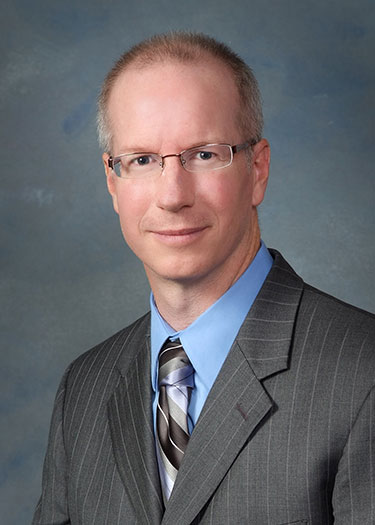About five years ago, I was invited by an old friend to join the Board of Directors of Nevada Legal Services (NLS), where I remain privileged to serve. More recently, I was asked to take on some pro bono cases for NLS that involved the sealing of criminal records. Thereafter, I responded to a request for volunteer “CAPS” (child protection) lawyers to assist Legal Aid of Southern Nevada (LACSN), went through their training, and now represent children of all ages in family court (primarily protection) proceedings.
Many of us were drawn to become lawyers out of an interest in helping others. Sure, we want to make a good living, and we like using our brains, but most of us are also do-gooders by nature. If I’m being honest, though, my good deeds are every bit as much about meeting a need of mine as they are about helping others. In other words, I can’t legitimately call my pro bono work “selfless,” because I get at least as much out of it as the people I’m helping.
What needs of mine are being met? Well, I would say pro bono work provides: 1) a justification for feeling good about myself; 2) a confirmation of my useful place in the world; 3) an opportunity to see the world through different eyes; 4) occasional recognition by others of my service; and 5) concrete examples of beneficial work I have done in the absence of a profit motive, to name a few.
Of course, the results we can obtain for clients we represent in pro bono cases are often profound. For example, the sealing of criminal records for someone whose past and present are defined by arrests and convictions for prostitution or drug addiction can mean a new lease on life. Often, those convictions prevent people from getting hired in jobs they could otherwise work to escape the circumstances that led to their breaking the law in the first place. The heartfelt thanks you get from these folks reveals how overwhelming an impediment their criminal history was, and how hopeful they’re now able to be about their future. It is humbling and gratifying to receive thanks like that!
In the context of CAPS cases for LACSN, I’m not sure there could be a higher calling than representing children in child abuse, neglect, and protection proceedings. This was a realm in which I was totally unfamiliar, and has been as difficult emotionally to wade into as it has been rewarding. There are just too many neglected and abused kids out there, in a system full of caring but ultimately overwhelmed court personnel doing their best to provide some semblance of comfort and safety to children from unimaginably dysfunctional homes. You will never forget a child you have a small hand in rescuing from a hopeless circumstance . . . and they will never forget you.
On February 13, 2020, the Supreme Court of Nevada entered an order amending the rules requiring continuing legal education (CLE) to provide Nevada lawyers the opportunity to earn CLE credit for pro bono civil representation and related services for low-income Nevadans with unmet civil legal needs.
Under the amendment to Supreme Court Rule 210, attorneys can earn one (1) CLE credit hour for every three (3) hours of uncompensated legal services up to a maximum of four (4) CLE credit hours per year. Attorneys must perform pro bono hours through a legal aid service organization, court, or governmental program approved by the Supreme Court Access to Justice Commission.
NLS and LACSN offer a variety of different ways to provide pro bono assistance to indigent Las Vegas residents. It doesn’t really matter if you do it for the free CLE credits, for the good feeling it gives you to give back, or just to help others in need, just do it! You won’t be sorry, except perhaps that you didn’t do it sooner. I offer my own experiences in support of the proposition that your pro bono work will be as great a gain for you as it will be for your pro bono clients. Please let me know if that’s the case, I’d love to hear from you.
About the author

Peter C. Wetherall, Esq. has almost 30 years of federal and state court litigation experience, and has tried over 50 cases to a jury. He has also argued numerous appeals before the Nevada Supreme Court, the Ninth Circuit Court of Appeals, and is admitted to practice before the U.S. Supreme Court. Peter’s primary practice areas include pharmaceutical mass torts and serious injury cases.
About this article
This article was originally published in the “Pro Bono” issue of Communiqué, the official publication of the Clark County Bar Association, (December 2020). See https://clarkcountybar.org/about/member-benefits/communique-2020/communique-december-2020/.
© 2020 Clark County Bar Association (CCBA). All rights reserved. No reproduction of any portion of this issue is allowed without written permission from the publisher. Editorial policy available upon request.
